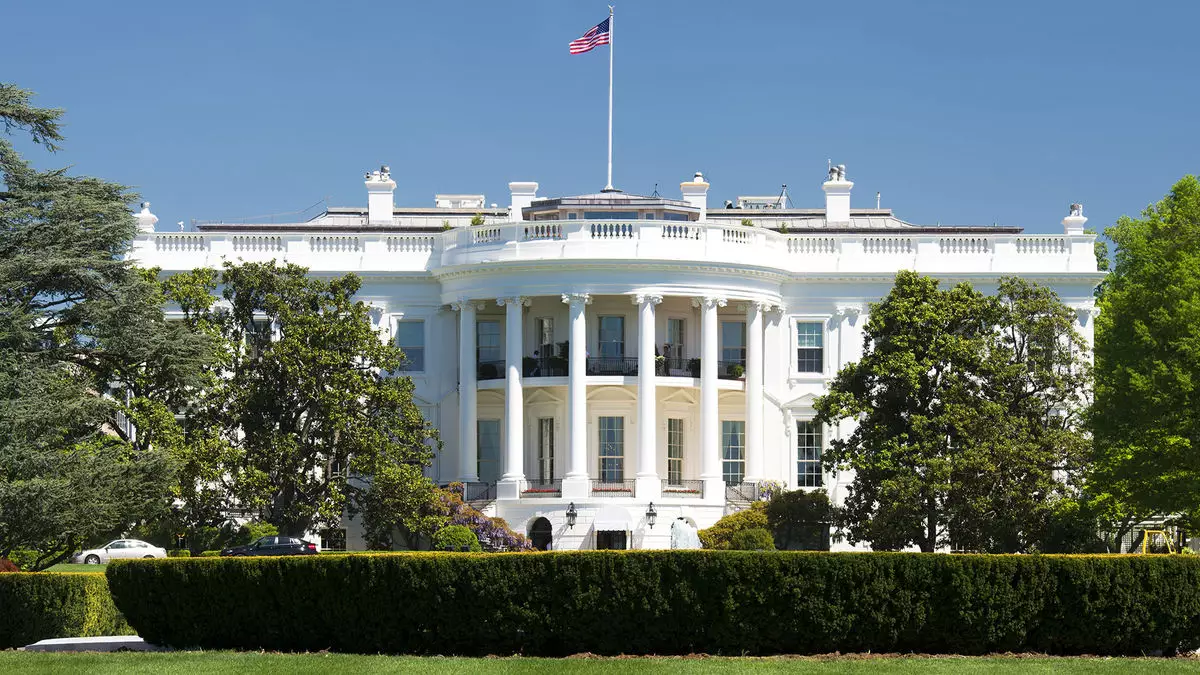The American Society of Travel Advisors (ASTA) has recently penned a letter to the incoming Trump administration, articulating a set of critical priorities for the travel industry in light of potential policy changes. With the memories of the Trump-era travel bans still fresh, ASTA emphasizes the need for a more welcoming travel environment, especially considering the heightened geopolitical tensions and the complex realities of airline ticket refunds.
Historically, travel bans have been a contentious topic, significantly impacting the travel industry. During his first term, President Donald Trump implemented a travel ban that affected citizens from seven predominantly Muslim countries, leading to a tumultuous backlash from various sectors, including the travel community. Proponents argued this ban was necessary for national security, while detractors highlighted its detrimental impact on international tourism and cultural exchange. ASTA’s CEO Zane Kerby has echoed these sentiments, stating that restrictions on travel create uncertainty in an industry already vulnerable to fluctuations.
The potential reinstatement of a travel ban, particularly one aimed at refugees from Gaza, raises alarms within the travel sector. ASTA’s communication reflects a shared apprehension among travel advisors and agencies who fear that any new restrictions could diminish the United States’ standing in the competitive global travel market. Encouraging a more open approach towards international travelers is critical for revitalizing the industry.
Another pressing issue highlighted by ASTA involves the intricacies surrounding airline ticket refunds. Since October 28, a Department of Transportation rule mandates that the merchant of record, often airlines, must issue refunds for canceled or significantly altered flights. While this might seem straightforward, travel agencies, which sometimes purchase tickets in bulk, find themselves in precarious positions as they struggle to manage these obligations without direct airline reimbursements.
ASTA argues for modifications to this regulation, proposing a seven-day timeline for airlines to reimburse travel agencies, allowing agencies an additional week before refunds must be issued to customers. This change would provide essential liquidity to struggling travel agencies while ensuring customer satisfaction—an increasingly important factor in maintaining consumer trust in travel planning services.
As the travel industry continues to adapt, the classification of workers—particularly independent contractors—remains a controversial and evolving matter. With tens of thousands of independent contractors operating within the travel sector, the new classification rules issued by the Department of Labor mark a significant shift, introducing confusion and inconsistency that could stifle the industry’s growth.
ASTA has called for a return to the clearer, more straightforward regulations established in 2021, which hinge on the level of control workers have over their tasks. This return would simplify compliance for travel agencies and better protect the livelihoods of the many individuals operating as independent contractors. Furthermore, ASTA advocates for a unified standard across all federal agencies to prevent further discrepancies.
In addition to worker classification, ASTA has expressed urgent concerns regarding proposed changes to federal overtime rules, which would increase the minimum salary threshold for exempt workers significantly. A recent court ruling invalidated these changes, reverting the salary benchmark to its previous level, much to ASTA’s surprise and dismay, especially given the Biden administration’s decision to appeal this ruling.
Moreover, the matter of “junk fees” in hotel bookings has become another focal point of concern. ASTA is advocating for protections for travel advisors in cases where they rely on inaccurate information from hotels. They urge for exemptions to prevent unjust penalties against travel agencies, which often have minimal control over hotel pricing variations.
ASTA has made clear its intention to ensure that the voices of travel professionals are heard amidst discussions on government regulations affecting the industry. They push for the formation of the Passenger Experience Advisory Committee within the Department of Transportation, emphasizing the necessity for representation from travel advisors, who account for a substantial percentage of air ticket sales.
ASTA’s proactive measures signal a critical moment for the future of travel policy in the United States. By addressing travel bans, airline refund protocols, worker classification, and consumer protection laws, ASTA hopes to foster a more robust, resilient travel sector that can withstand the uncertainties that lie ahead. The new administration has the opportunity to mark a transformative chapter for an industry seeking recovery and revitalization in the post-pandemic landscape.


Leave a Reply